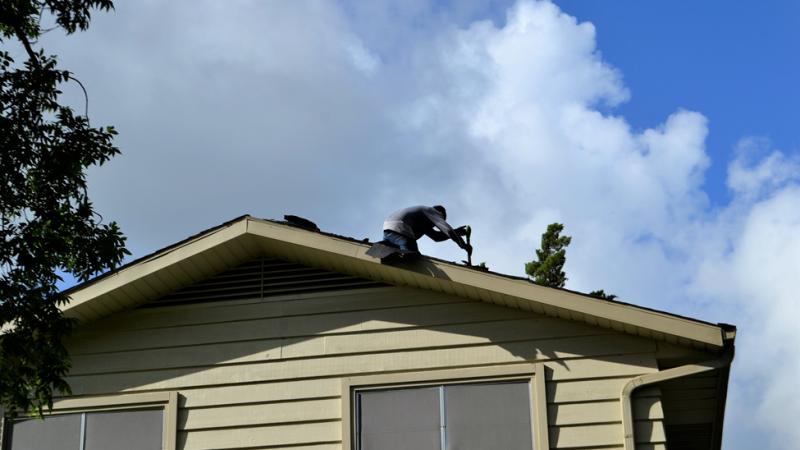Is It Normal For a New Roof To Leak?

Repairing or replacing a roof is a lengthy and complex process that requires a lot of effort, resources, and expenses. This is why you, as a homeowner, expect the best results, and it can indeed be frustrating to see adverse outcomes of your investment.
Of course, it is entirely unusual for a new roof to leak, and in such cases, the best course of action is to solve the situation step by step. To learn more about roof repairs, click cvcpdx.com and understand the correct process.
Contain the Leak
If your new roof begins to leak, you should first confine the water to prevent further damage. In most cases, this is accomplished by placing a bucket or pot in your attic to capture water as it passes through your roof.
If the water is not contained, the expense of repairing the water damage within your house will soon escalate. Don't try to block moisture from getting in by doing anything to the roof itself, and better leave it to a professional.
Analyze the Situation
Before rushing to the phone and calling your contractor, first calm down and figure out where the leak is coming from. Try to gather as much information as possible, like the time and place your roof started to leak. There are many signs that can help you identify the source of the leak, such as:
- Wall or ceiling stains: If you see discoloration on your ceilings or walls that resembles rings or pools of water, and it feels moist or wet to the touch, you may have a water leak. The discoloration is easy to spot on light-colored walls or ceilings; you'll have to work a little more on darker ones.
- Dripping: If you have an exposed roof, confirming a leaky roof is significantly easier because all you have to do is glance up and search for water drops. However, if water leaks from a ceiling under your roof, the leak might be coming from your top or another section of your house.
- Wall growths: another common sign that could indicate a roof leak is the presence of wall growths like mold.
Check The Warranty of Your Roof
Before your conversation with the roofing contractor takes place, go over your warranty papers. The warranty information will assist you in determining whether or not your roof leak will be covered.
Your roofing contractor's craft warranty should cover any leaks caused by poor installation. This implies you shouldn't have to pay for the roof leak to be fixed.
If there's a problem with the roofing materials, on the other hand, you'll have to rely on the manufacturer's material guarantee. If the materials themselves have a fault or malfunction, they will pay to replace them.
Both of these guarantees will be listed on your estimate, and you should have them in writing if something goes wrong. However, whose warranty you'll have to rely on to cure your roof leak is determined by the findings of the roofing contractor's examination.
Contact Your Roofing Contractor
Contact the roofing contractor who built your roof after you've contained the leak and checked the warranty details. If they're a trustworthy roofing business, they'll come out as quickly as possible to assess the situation and come up with a remedy.
However, if you can't reach the roofing company that erected your roof, you'll have to start the search for a new one to fix the leak. You'll have to pay for the repairs out of pocket after you've found one, and they will avoid the guarantee you had with the previous roofing contractor.
More to Read:
Previous Posts:











